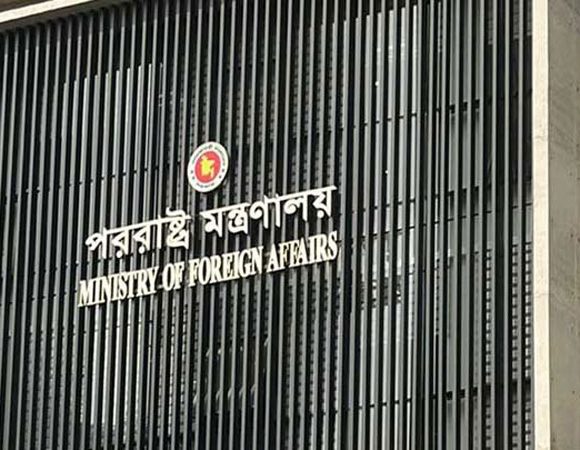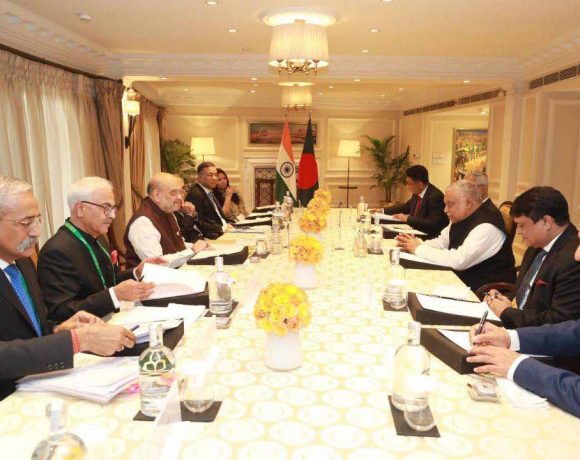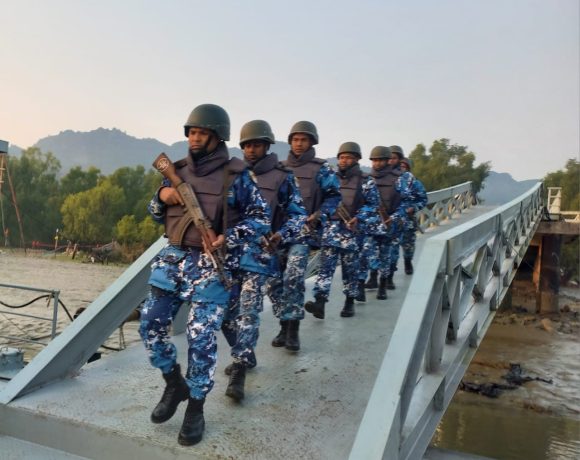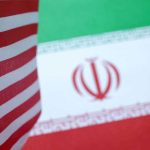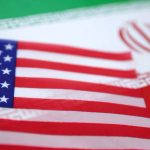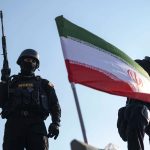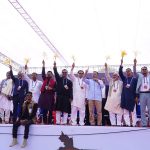BNP proposes secret ballot for MPs in presidential election
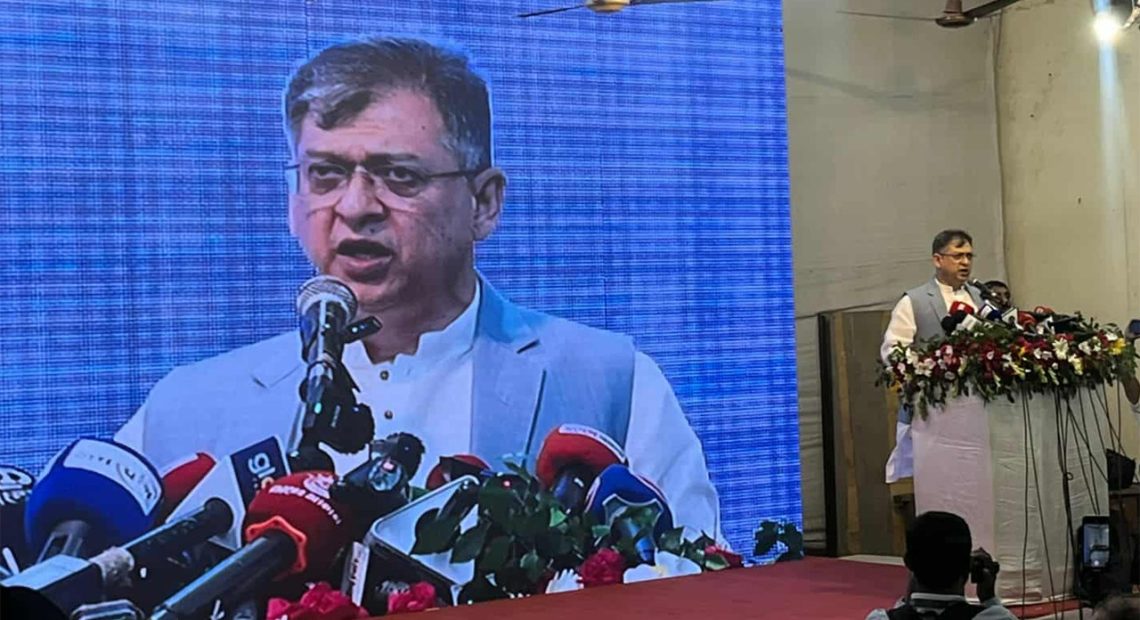
PARBATTA NEWS DESK
BNP Standing Committee member Salahuddin Ahmed has said the party has proposed that Members of Parliament be allowed to vote independently through secret ballot in the presidential election—one of several reform suggestions presented to the National Consensus Commission.
Speaking at a discussion organised by Nagorik Oikya at the National Press Club on Thursday, Salahuddin outlined the party’s key proposals aimed at reforming the country’s political structure.
“We have proposed amending Article 70, and there is broad agreement among parties. We also proposed that both sides be allowed to vote independently in the presidential election through secret ballot. That would mark a significant shift,” he said.
Regarding executive tenure, he noted, “We agreed to a 10-year term limit for the Prime Minister, although that alone is not a major achievement.”
He cautioned against over-constraining the executive branch: “If we continue limiting the executive constitutionally and legally, the state may become unmanageable. True reform can only occur if the executive, judiciary, and legislature operate within their own defined limits.”
Salahuddin reiterated BNP’s long-standing position on the election-time administration: “We have struggled for 17 years to restore the caretaker government system. A free and fair election requires its reintroduction.”
He argued that an independent Election Commission, functioning under a caretaker government, is essential to prevent authoritarian tendencies. “Simply weakening the executive does not establish a strong democratic framework,” he said.
“The executive must be allowed to function within its jurisdiction. The judiciary and legislature must do the same. There must be full separation of powers—so that no organ can interfere with another. A balance of power is crucial, yet that principle is increasingly being overlooked,” he added.
Salahuddin called for institutional checks and cooperation: “We must strengthen each branch to ensure oversight, harmony, and constitutional independence. Only then can democratic and constitutional institutions function freely. If achieved, it will prevent the rise of authoritarianism in Bangladesh.”
Regarding judicial accountability, he said: “Article 96 outlines the Supreme Judicial Council as the mechanism for removing judges. But removal alone is not sufficient. If there is individual criminal liability, there must be proper legal frameworks to address it.”
He added that simply creating a secretariat for the lower courts is not enough. “The secretariat must ensure accountability and take disciplinary action in cases of misconduct. Provisions for this may exist, but they are not yet fully operational.”
On judicial appointments, Salahuddin said, “Judges should be appointed independently and transparently. They should advance to the Appellate Division, from which the Chief Justice would be selected. This would help reform the systemic decay within the judiciary, though it won’t happen overnight.”
He also underscored the importance of press freedom. “While the judiciary acts as a safeguard, press freedom is just as vital. Where press freedom is fully guaranteed, democracy is truly strong.”
Addressing political parties, he said, “We must avoid divisive agendas. Regardless of ideology, all democratic forces must be united in pursuing the people’s liberation—economically and politically. We must build a strong democratic state based on equality, dignity, and justice.”
He warned against relying solely on rhetoric: “We’ve made many speeches, but now we stand on the blood-stained path of martyrs. Their hopes and expectations must be fulfilled. If we fail, the future of the state is at risk.”
Salahuddin expressed optimism about ongoing political discussions. “No one here has expressed despair. Dialogue is ongoing. I believe we will reach national consensus. From our side, we’ve proposed that no one may serve as Prime Minister for more than 10 years. That alone is a safeguard against autocracy.”
Revolutionary Workers Party General Secretary Saiful Haque also spoke at the event, urging political actors to begin preparations for national elections scheduled for February.
“To ensure a fair election, we must put an end to the misuse of religion and the politicisation of the administration,” he said, calling on all parties to sign a “July Declaration” in the coming month.
Addressing Jamaat-e-Islami and the National Citizens’ Party (NCP), Haque said, “What exactly is your purpose? The people have fought for 16 years for the right to vote and democratic participation—not for local elections. Holding local elections before national polls would take one to two years. Stop playing games. If the rope is pulled too hard, it will snap.”
He also called on the Election Commission to focus on preparing for national elections.
Mustafa Jamal Haider, Chairman of the Jatiya Party (Zafar) and leader of the 12-Party Alliance; Shahidullah Kaiser, General Secretary of Nagorik Oikya; and Rafiqul Islam Babul, Chairman of Bhasani Janashakti Party, among others, spoke there.
Nagorik Oikya President Mahmudur Rahman Manna presided over the event.

